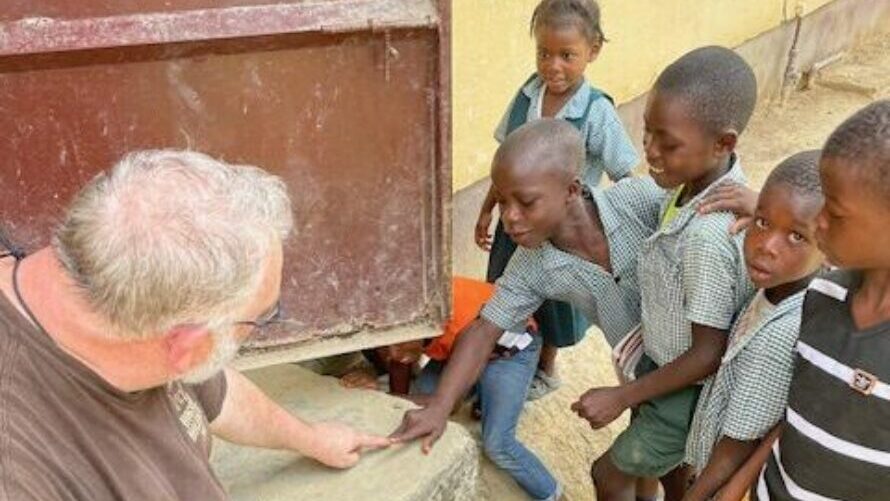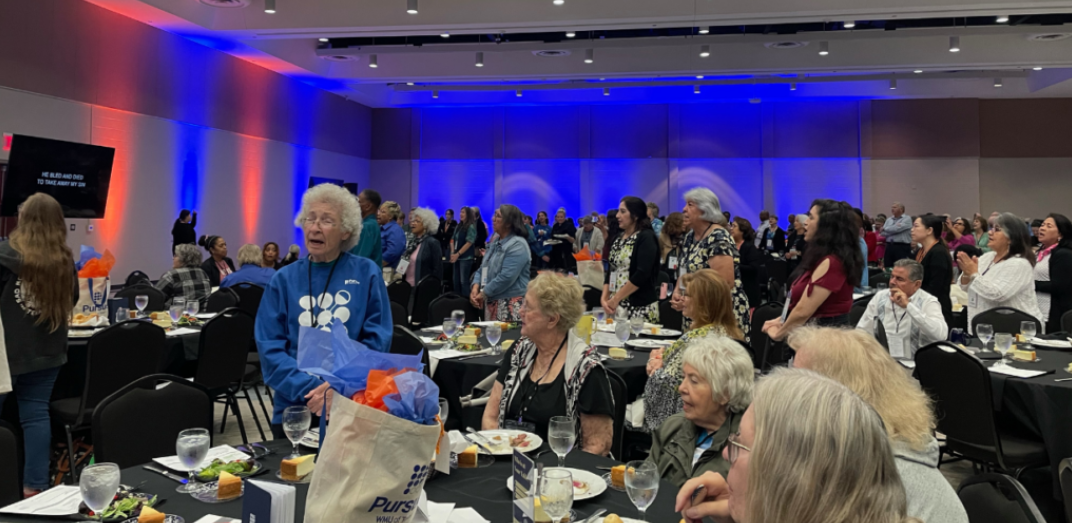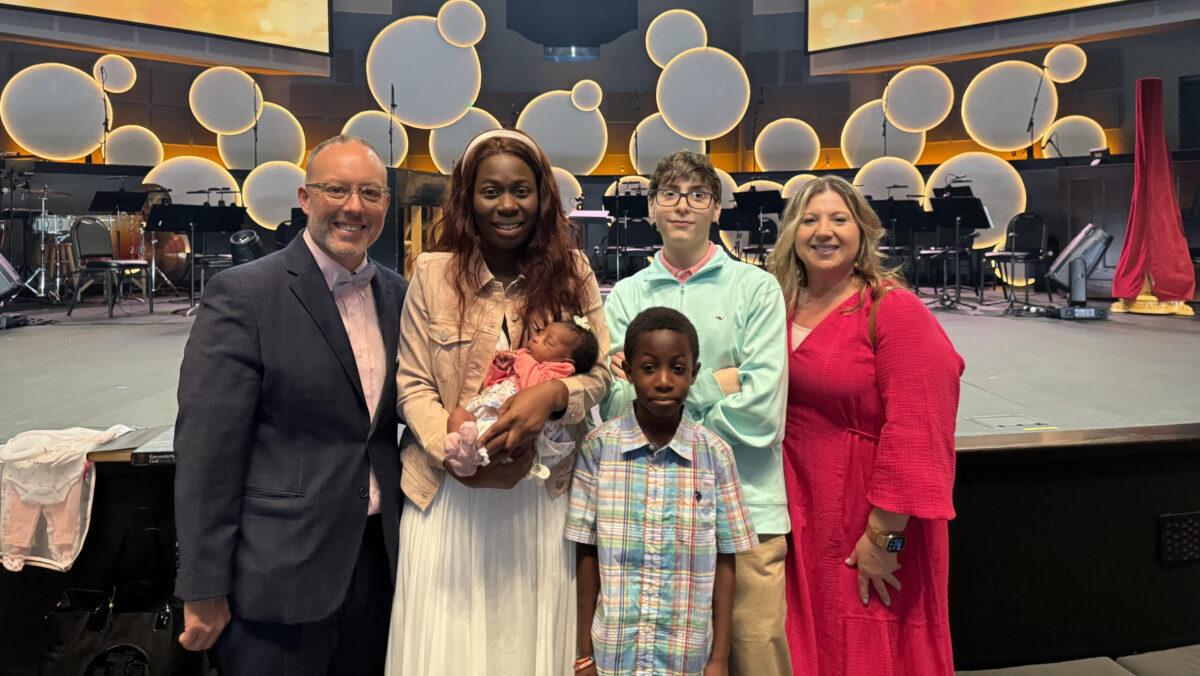PREPARES
Jeremiah 1:4–19
“It was the best of times, it was the worst of times …” is a phrase that describes the era of the ministry of Jeremiah. Jeremiah, a priestly prophet, served God’s people in one of the most difficult times in the kingdom of Judah.
The opening passage from the “weeping prophet” informs modern spiritual leaders of the necessity of a call from God for leaders and the courage to faithfully serve God in difficult days.
Jeremiah witnessed the downfall of his nation. He was forcibly taken to Egypt (43:6–7). The kingdom of Judah went from the glorious heights of revival under King Josiah to collapse in one generation.
Created (4–10)
God chose Jeremiah to be His prophet during a difficult period in Judah’s history even before the prophet was born. God formed him, set him apart and appointed him to be a prophet to the nations. Jeremiah proclaimed God’s Word to God’s people and unbelieving people groups in other nations. Jeremiah protested the call of God upon his life due to his inexperience and youth (v. 6).
In response to Jeremiah’s protest, God commanded Jeremiah to see. God promised His presence (“I am with you”) and protection (I “will rescue you”) and the words to communicate God’s message of judgment (“uproot and tear down,” “destroy and overthrow” and the positive message of “build and plant”).
Watched (11–16)
God asked Jeremiah twice, “What do you see?” (vv. 11, 13). Jeremiah saw the branch of an almond tree and a boiling pot tilted toward the south.
In Hebrew, the terms for almond tree and watch resemble each other in spelling and pronunciation. God communicates to the prophet the necessity of watching the north. From the direction of the north, the Babylonians would come in judgment.
God describes the judgment in comprehensive terms. All the kingdoms from the north would come, and all would attack Jerusalem and Judah.
God provided the rationale for the destruction of Judah and Jerusalem as worship of other so-called gods. God’s people burned incense to worship other gods and also worshipped what they had made by their own hands. God still judges His people’s inappropriate worship.
God commanded Jeremiah to see. Likewise, God’s people today need to see the issues that hinder the faithful obedience of God’s people.
Charged (17–19)
This section contains several promises, commands and warnings for the prophet. A literal translation of the command “get yourself ready” is “gird up your loins” — that is, prepare for action. Do not be afraid. God called Jeremiah to stand up and tell God’s Word. Jeremiah’s opponents would not be the enemy of the people of God. Rather, Jeremiah’s opponents would be the “establishment of Judah’s kings, state officials, priests and ordinary citizens.”
If Jeremiah failed to obey his commission, God promised to make Jeremiah cower before them. In addition to the charge, God set forth numerous promises using military symbolism.
God made four promises to Jeremiah: I will make you a fortified city, I will make you an iron pillar, I will make you a bronze wall and I will rescue you.
By Mark Rathel
Professor at the Baptist College of Florida in Graceville, Florida








